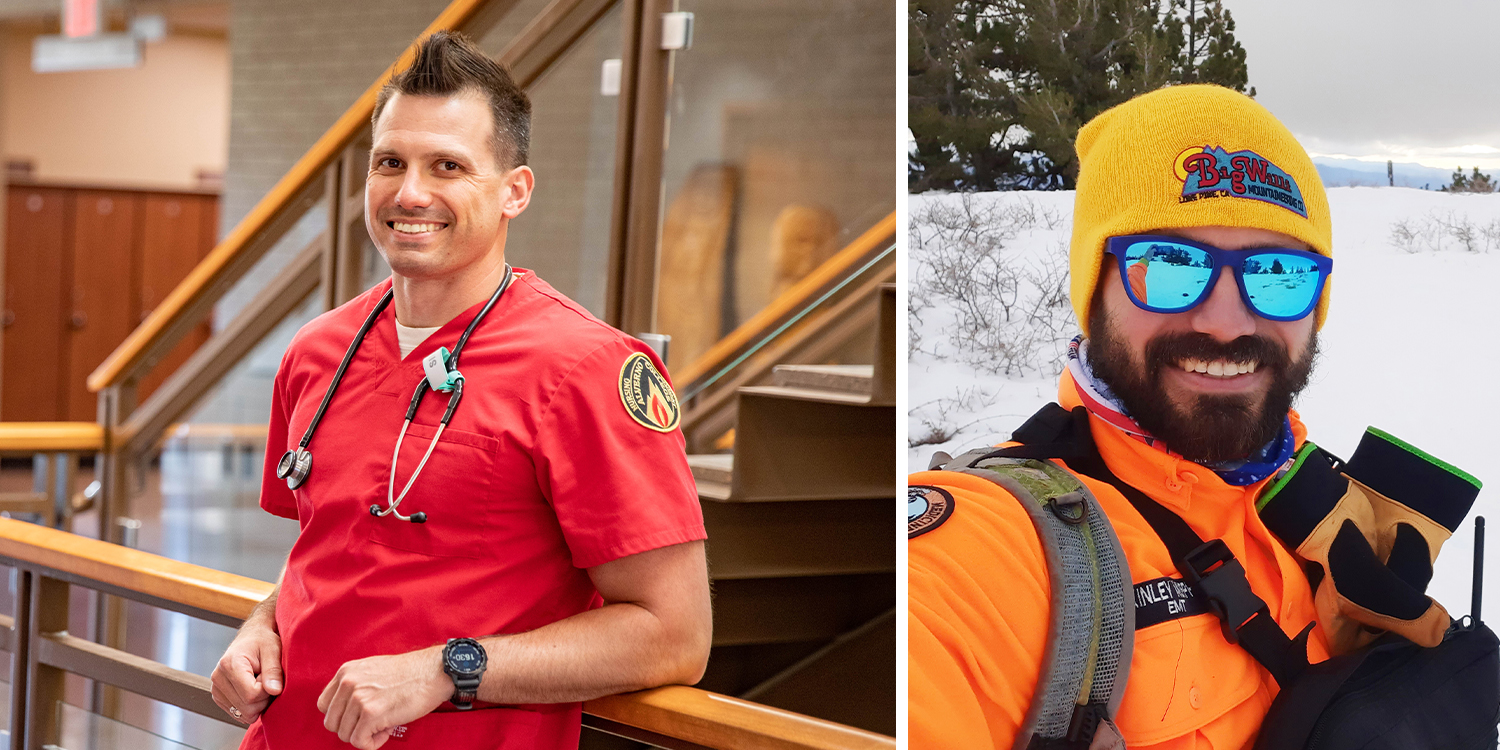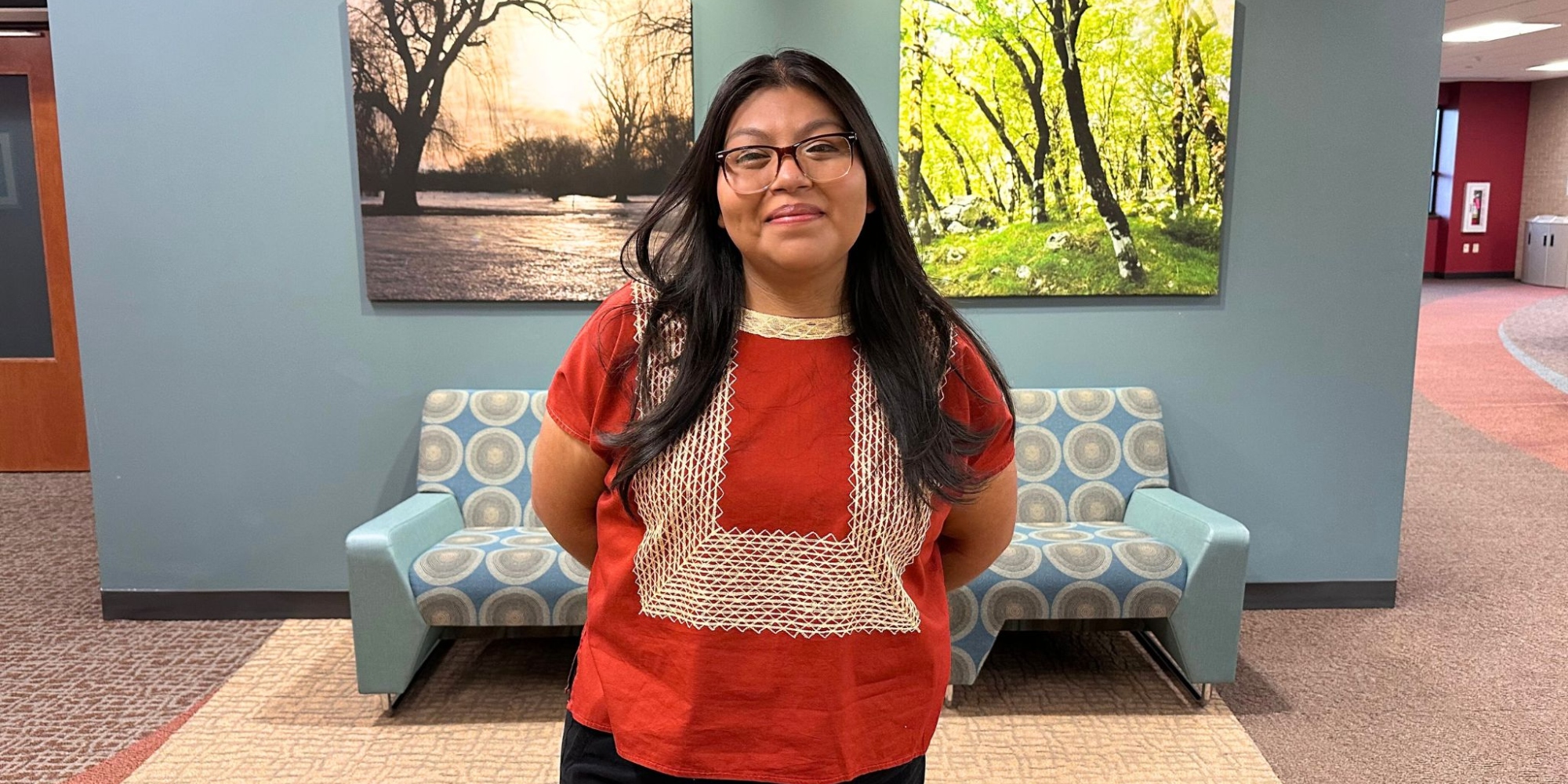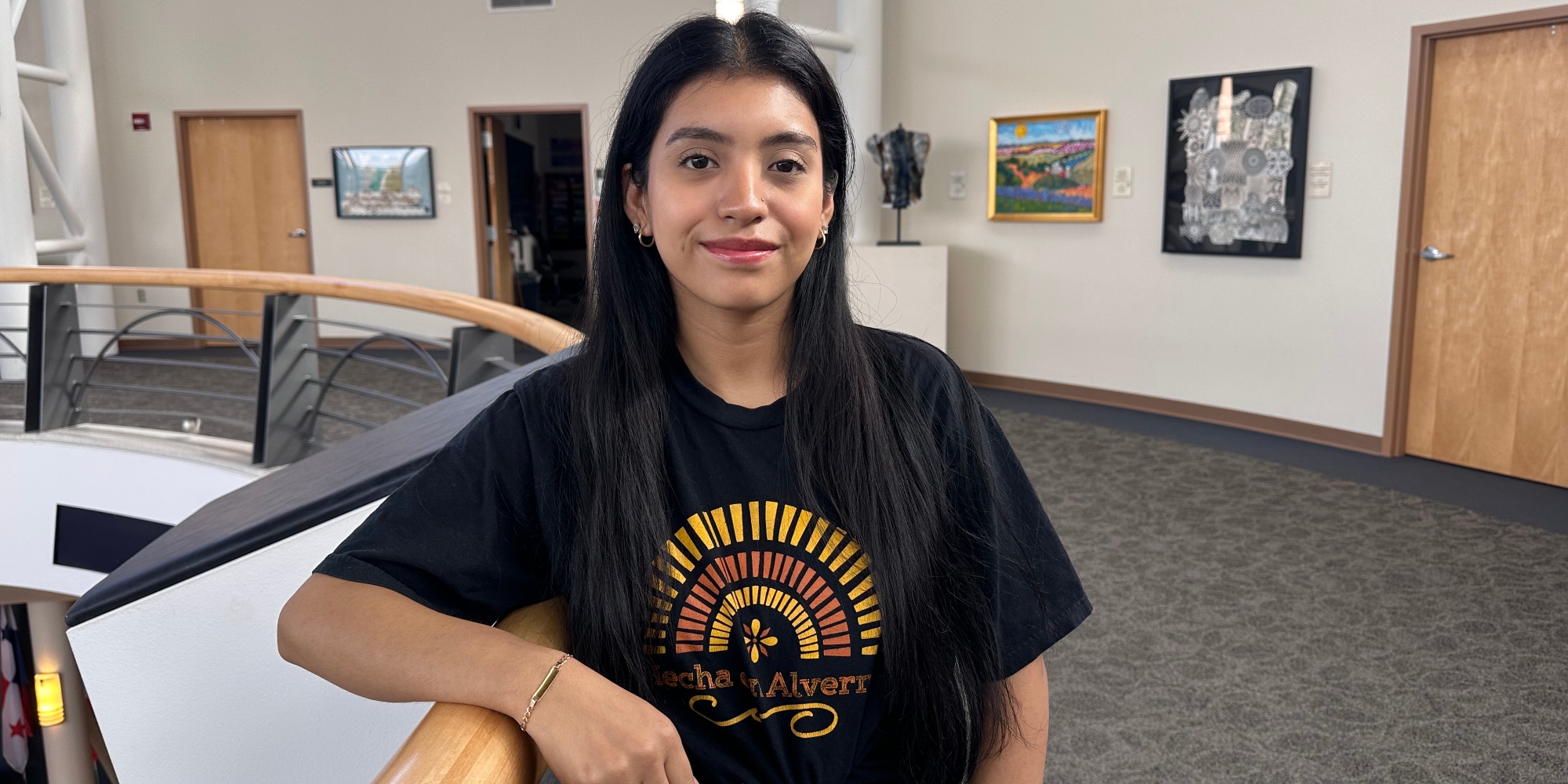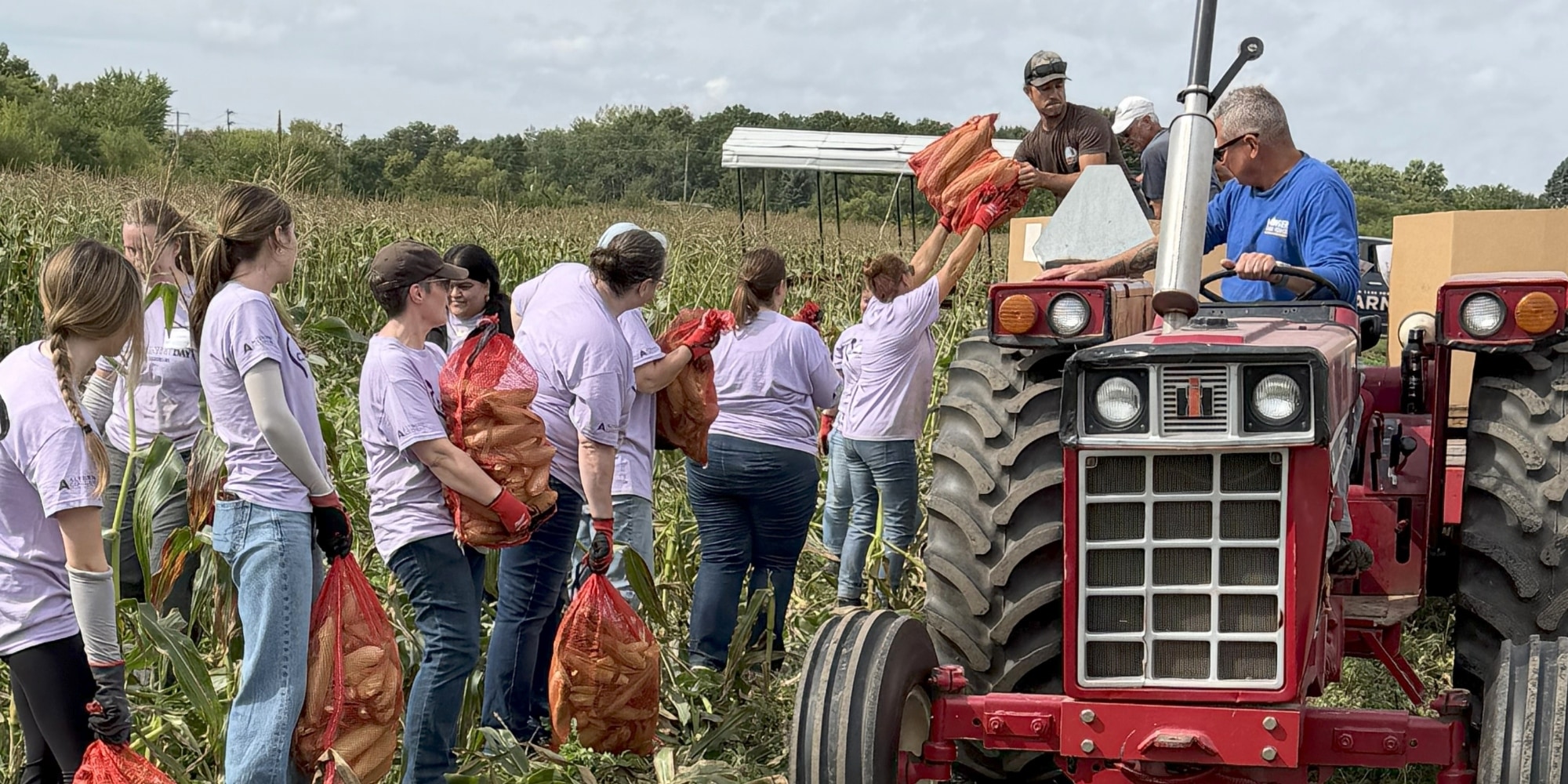Working as an emergency medical technician (EMT) in Los Angeles for the last 10 years, McKinley Murphey, class of 2024, didn’t expect to find himself in front of a camera in Hollywood. But when a friend needed a background actor with real-world expertise, he stepped in to help. While acting was never on his radar, the production team liked what he did and started requesting him when they had technical scenes. “My favorite part of doing that is bringing an element of realism. A lot of us in the medical and emergency response community complain when we watch shows, ‘Oh, that’s not real, that would never happen, that’s not what that looks like.’ Being able to add that level of realism, that’s what I enjoyed most about it,” he says.
While the acting gigs were a fun way to earn some extra cash, Murphey’s true passion is helping people. In addition to working as an EMT on a private ambulance, and then as an emergency room technician in a hospital, he has been part of a search and rescue team for the past 15 years. That work involves not only rendering medical aid, but staying with the patient until they can safely be moved. “It’s pretty much an EMT role but you’re by yourself and no one’s coming to help you,” he explains.
After eight years in an emergency room, Murphey realized he wanted to do more. His options were to either become a paramedic or a nurse. For him, nursing was the easy choice because nurses have a slightly higher scope of practice, and it gives him more options after graduation. “The reason I chose a DEMSN (direct entry Master of Science in Nursing) program was because with a master’s degree I can go into management, I can get my nurse practitioner’s license. With an MSN I can go anywhere else. It will only help me and make me stand out as a candidate,” he says.
Despite being born and raised in California, Murphey is no stranger to Milwaukee – he earned a bachelor’s degree in psychology from Marquette University. When he started looking into nursing programs, cost was a major factor. A friend from his undergrad days still lives in the area, so he decided to look here. “Alverno was the only school that looked at what I actually accomplished and had potential to do. They looked at my experience and my letters of recommendation and believed I could excel,” he says. “At Alverno, I’ve run into a lot of professors who really care about us as students and as future nurses.”
His advice for anyone considering pursuing a DEMSN? “Nursing is not for the faint of heart. It’s hard,” he explains. “I would say be positive because it’s going to seem like it’ll never end. Remember you can do almost anything with a nursing degree. You can specialize, you can go anywhere. There’s always going to be a job and upward mobility.”
After graduation, Murphey wants to put his critical care nursing skills to use in wilderness medicine, perhaps at a base camp for mountain climbers. “I can have a regular job in an emergency room or in an ICU. Then I can take my free time and go do something that I'm really passionate about,” he says. “That’s the medicine I want to do, and it’s the help I want to render.”





